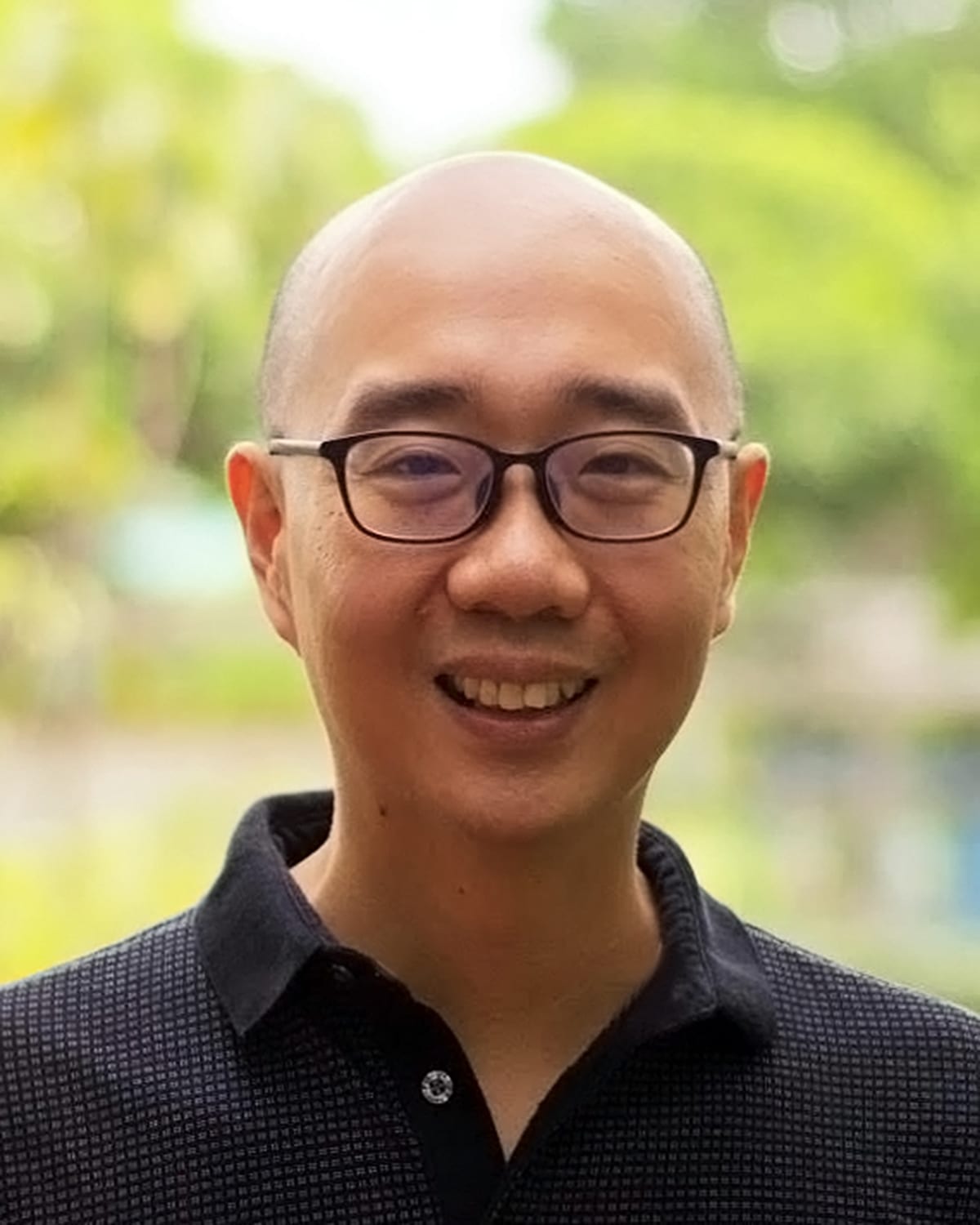
Associate Professor Marvin Joseph Montefrio obtained a concurrent PhD and Master of Public Administration (MPA) degree in Environmental Policy and Public Administration from the State University of New York College of Environmental Science and Forestry and the Maxwell School of Citizenship and Public Affairs, Syracuse University in 2014. As an interdisciplinary scholar, Assoc Prof Montefrio employs diverse methodological approaches and draws from multiple theories from environmental and rural sociology, political ecology, environmental and economic anthropology, science and technology studies (STS), ecological economics, and more recently cultural studies.
Assoc Prof Montefrio’s broad research agenda explores the political ecology and cultural politics of historical and contemporary food issues, particularly in the context of globalisation, sustainability, and climate change. His approach examines multiple levels and units of analysis, with particular attention to the space and time where the “global” meets the “local”. His most recent research projects examine the cultural politics of sustainable food (organic food production, locavourism, agritourism, and urban agriculture) and the impacts of climate change on food security in Southeast Asia. His previous works focused on food security in the context of the so-called “green low-carbon economy” developments in the rural Philippines.
Research Specialisations- Political ecology of food
- Cultural politics of food
- Sociology of food
- Environmental sociology
- Ecological economics
- Climate change and food insecurity
(* denotes undergraduate student)
Forthcoming:
Montefrio, M.J.F., Lee, X.R.*, and Lim, E.* Aesthetic politics and urban agriculture. Urban Geography.
2021:
Montefrio, M.J.F., and Sin, H.R. Between food and spectacle: The complex reconfigurations of rural production in agritourism. Geoforum, 126, 383-393.
2020:
Montefrio, M.J.F. (2020). The ‘Queen of Greens’ comes to the tropics: (De)territorialization of kale’s socio-material relations in the Philippines. Geoforum, 116, 24-32.
Montefrio, M.J.F. (2020). Cosmopolitan translations of food and the case of alternative eating in Manila, the Philippines. Agriculture and Human Values, 37(2), 479-494.
Montefrio, M.J.F. (2020). Interrogating the “productive” home gardener in the time of pandemic lockdown in the Philippines. Food and Foodways, 28(3), 216-225.
Montefrio, M.J.F., and Wilk, R. (2020) Transecting “healthy” & “sustainable” food in Asia and the Pacific. Food, Culture & Society, 23(2), 102-116.
Montefrio, M.J.F., De Chavez, J., Contreras, A. and Erasga, D. (2020). Hybridities and awkward constructions in Philippine locavorism: Reframing global-local dynamics through assemblage thinking. Food, Culture & Society, 23(2), 102-116.
2019:
Montefrio, M.J.F., and Dressler, W. (2019). Declining food security in a Philippine oil palm frontier: The changing role of cooperatives. Development and Change, 50(5), 1342-1372.
Montefrio, M.J.F., and Sin, H.L. (2019). Elite governance of agritourism in the Philippines. Journal of Sustainable Tourism, 27(9), 1338-1354.
Montefrio, M.J.F. & Johnson, A.T.* (2019). Politics in participatory guarantee systems for organic food production. Journal of Rural Studies, 65, 1-11.
2017:
Montefrio, M.J.F. (2017). Social-ecological transformations and land control in a growing oil palm landscape in the Philippines. Journal of Peasant Studies, 44(4), 796-816.
2016:
Montefrio, M.J.F. (2016). Cooperation and resistance: Negotiating rubber in upland Philippines. Journal of Rural Studies, 46, 111-120.
Montefrio, M.J.F., and Dressler, W.H. (2016). The green economy and constructions of the “idle” and “unproductive” uplands in the Philippines. World Development, 79, 114-126.
2015:
Montefrio, M.J.F., Luzadis, V.A., and Sonnenfeld, D.A. (2015). Social construction of the environment and farmer intentions to cooperate in biofuels and rubber production in upland Palawan, the Philippines. Ecological Economics, 116, 70-77.
Feola, G., Lerner, A., and Montefrio, M.J.F., Jain, M. & Nicholas, K.A. (2015). Farmers responses to multiple stresses in the face of global change: Assessing five case studies to enhance adaptation. Journal of Rural Studies, 39, 48-78.
2014:
Montefrio, M.J.F. (2014). State versus indigenous peoples rights: Analysis of stable system parameters, policy constraints and the process of delegitimation. Journal of Comparative Policy Analysis, 16(4), 335-355.
Montefrio, M.J.F., Ortiga, Y.Y., and Josol, M.R.C*. (2014). Inducing development: Social remittances and the expansion of oil palm. International Migration Review, 48(1), 216-242.
2013:
Montefrio, M.J.F. (2013). The green economy and land conflicts. Peace Review, 25(4), 502-509.
Josol, M.R.C.*, and Montefrio, M.J.F. (2013). Understanding the resilience of swidden agro-ecosystems interacting with rubber and oil palm production regimes in the Philippines. Agroecology and Sustainable Food Systems, 37(7), 812-833.
2012:
Montefrio, M.J.F., and Sonnenfeld, D.A. (2012). Global-local tensions in contract farming of biofuels involving indigenous communities in the Philippines. Society & Natural Resources, 26(3), 239-253.
Montefrio, M.J.F. (2012). Privileged biofuels, marginalized indigenous peoples: the co-evolution of biofuels development in the tropics. Bulletin of Science, Technology and Society, 32(1), 41-55.
2011:
Montefrio, M.J.F., and Sonnenfeld, D.A. (2011). Forest, fuel, or food? Competing coalitions and biofuels policymaking in the Philippines. Journal of Environment and Development, 20(1), 27-49.
- Comparative Social Inquiry
- Introduction to Environmental Studies
- Social Theory and Environment
- Agrarian Change and Environmental Transformations
- Food and Sustainability
- Ecological Economics


